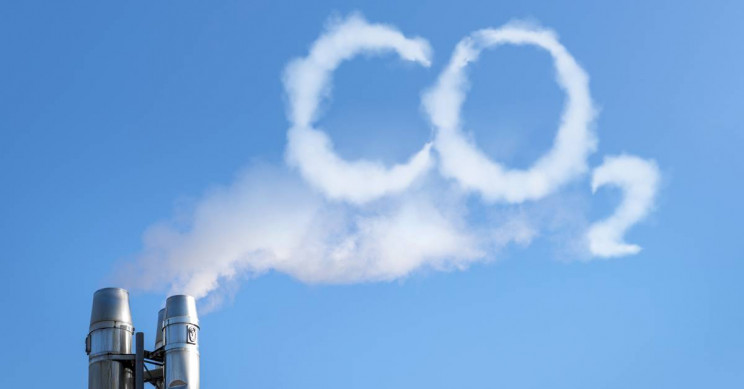Greece is advancing its efforts to transition to a zero-carbon emissions energy mix, with a focus on developing Carbon Capture Utilization and Storage (CCUS) technologies. These technologies are crucial for capturing carbon dioxide (CO2) that would otherwise be released into the atmosphere and storing it permanently in geological formations.
Greece’s industries emit a total of approximately 33 million tons of CO2 annually. The European Union’s stringent decarbonization policies make it increasingly costly for polluters, driving demand for CO2 storage solutions.
Energean, a key player in this field, has already signed ten non-binding memorandums of understanding (MoUs) with industrial polluters from Greece and abroad, including Italy, Croatia, and Bulgaria. These agreements aim to develop Greece’s first CO2 storage facility by converting depleted oil reservoirs in Prinos, a village on the northern Aegean island of Thasos, into storage sites. Interest in this 1.5 billion euro project comes from heavy industries like cement, refineries, metallurgy, mineral industries, chemicals, and fertilizers, all of which emit significant amounts of CO2.
Last year, three Greek companies secured funding from the Innovation Fund for projects set to capture over 3.5 million tons of CO2 annually, with plans to store it in Prinos or other available sites. HELLENiQ ENERGY has also submitted a funding proposal to capture one million tons per year, bringing the total potential annual CO2 capture in Greece to 4.5 million tons.
Nevertheless, even if Prinos’ potential capacity for CO2 storage is fully developed, additional solutions will be needed, as the combined projects’ capture exceeds the village’s capacity by about 1.5 million tons.
Studies are underway to identify other potential storage sites across Greece, such as in Western Thessaloniki, Macedonia, Aetolia-Acarnania and Thessaly, while the Greek government is exploring alternative storage solutions in abroad. Preliminary discussions between Greece and Egypt, which has favorable conditions for such an endeavor, indicate potential cooperation in in the field.
The Greek government is also working on the legal framework for carbon dioxide storage, a key milestone in the National Recovery and Resilience Plan, set to be unveiled soon.
By the end of this year, Energean aims to complete a market test for the storage facility, allowing for the signing of binding contracts with industries by 2025 and final investment decisions. Additionally, Energean’s subsidiary, EnEarth, is interested in developing similar storage projects in Egypt and potentially Croatia.



